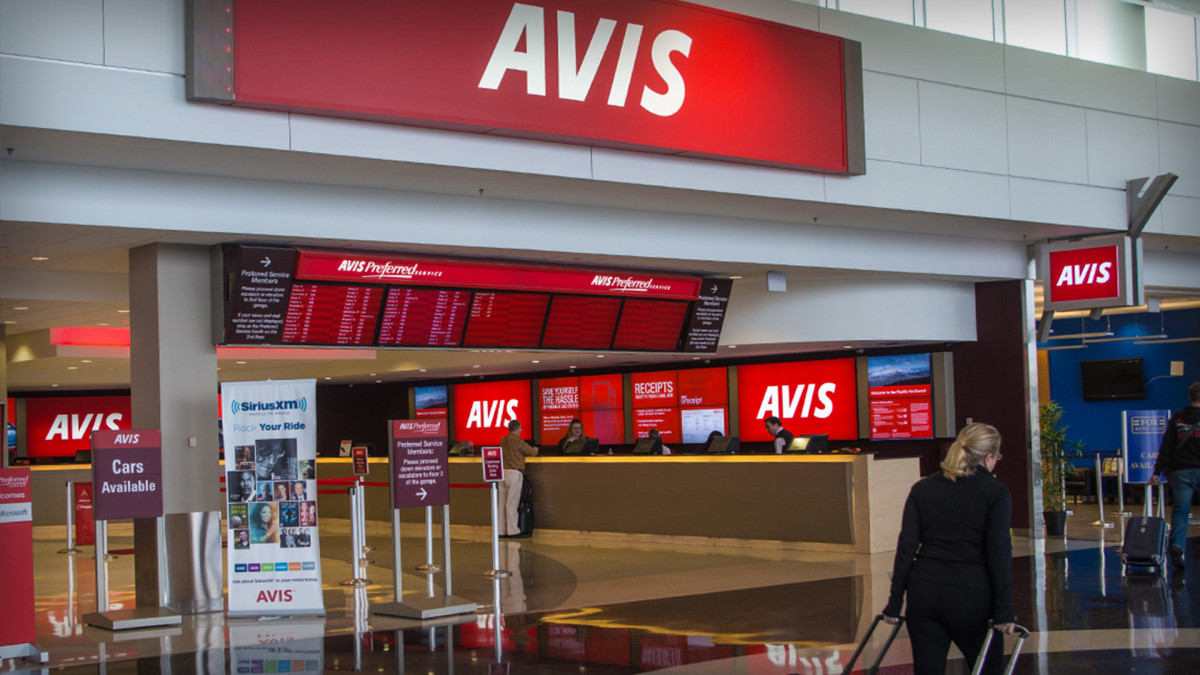Top Stories
Avis to Pay $19 Million Over Hidden Fees in Rental Scandal

UPDATE: Avis Budget Group Inc. has been ordered to pay $19 million to settle a class-action lawsuit involving its subsidiary, Payless Car Rental Inc., over allegations of hidden fees. The settlement comes as consumers express growing frustration with the car rental industry’s lack of transparency and customer service.
The lawsuit, filed in September 2016, claims that Payless improperly charged renters for ancillary services, specifically the Gas Service Option (GSO) and Roadside Protection (RSP), between January 1, 2016, and November 25, 2023. Reports indicate that customers were routinely billed for these services without clear disclosure or even when they declined them, violating the New Jersey Consumer Fraud Act and other state statutes.
Under the terms of the settlement, consumers who rented from Payless in the U.S. and incurred these charges could receive up to $20 per rental for GSO fees and $12 per rental for RSP fees. The settlement fund will be distributed as follows: 48% for GSO reimbursements and 52% for RSP reimbursements.
What’s Next: Payments will be issued automatically to eligible renters, eliminating the need for a claim form unless class members choose to opt out or select a digital payment method. The deadline for opting out is set for November 10, 2025, with a fairness hearing scheduled for December 2, 2025.
This settlement highlights a significant shift in the car rental market, where ancillary product sales are crucial for revenue. Consumer advocate Christopher Elliott noted, “Car rental companies are quietly raising revenue through add-on charges, and recent litigation shows just how costly it can be to consumers.”
As Avis Budget navigates this legal fallout, it has committed to reforming its sales practices. The company will now require affirmative consent from customers before charging for add-on services, signaling a broader change in how car rental companies manage customer agreements.
The implications of this lawsuit extend beyond Avis, as it may encourage similar actions against other rental brands, increasing legal risks across the sector. While the $19 million settlement is relatively modest compared to Avis’s overall revenue, the operational and reputational impacts could be substantial.
As consumers continue to voice their dissatisfaction with long wait times, limited availability, and hidden fees, this settlement serves as a reminder of the pressing need for transparency in the car rental industry. With travel demand surging, customers will be closely watching how Avis Budget Group adapts to these changes, especially regarding its ancillary revenue model.
Stay tuned for more updates on this developing story as it unfolds.
-

 Politics2 weeks ago
Politics2 weeks agoHamas Chief Stresses Disarmament Tied to Occupation’s End
-

 Science2 weeks ago
Science2 weeks agoOhio State Study Uncovers Brain Connectivity and Function Links
-

 Entertainment2 weeks ago
Entertainment2 weeks agoMegan Thee Stallion Exposes Alleged Online Attack by Bots
-

 Science4 weeks ago
Science4 weeks agoResearchers Challenge 200-Year-Old Physics Principle with Atomic Engines
-

 Entertainment2 weeks ago
Entertainment2 weeks agoPaloma Elsesser Shines at LA Event with Iconic Slicked-Back Bun
-

 Top Stories2 weeks ago
Top Stories2 weeks agoFederal Agents Detain Driver in Addison; Protests Erupt Immediately
-

 Business2 weeks ago
Business2 weeks agoMotley Fool Wealth Management Reduces Medtronic Holdings by 14.7%
-

 Business2 weeks ago
Business2 weeks agoHome Depot Slashes Prices on Halloween Favorites Up to 75%
-

 Top Stories2 weeks ago
Top Stories2 weeks agoOrioles Hire Craig Albernaz as New Manager Amid Rebuild
-

 Entertainment2 weeks ago
Entertainment2 weeks agoSyracuse Stage Delivers Lively Adaptation of ‘The 39 Steps’
-

 Top Stories2 weeks ago
Top Stories2 weeks agoWill Smith Powers Dodgers to World Series Tie with Key Homer
-

 World4 weeks ago
World4 weeks agoGlobal Military Spending: Air Forces Ranked by Budget and Capability









